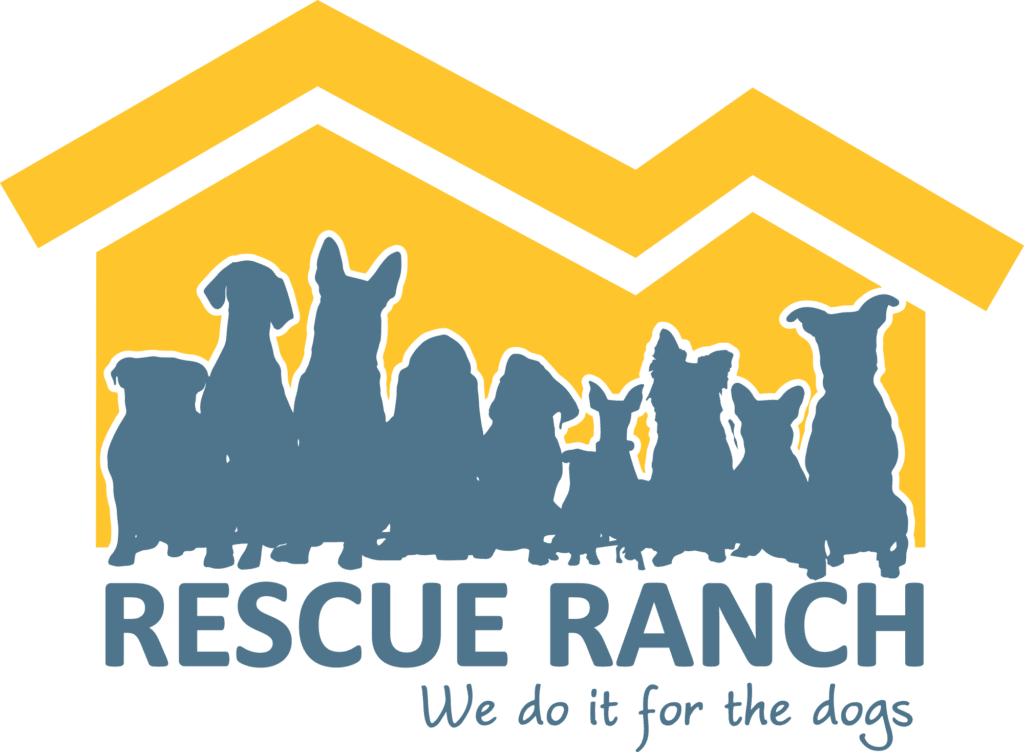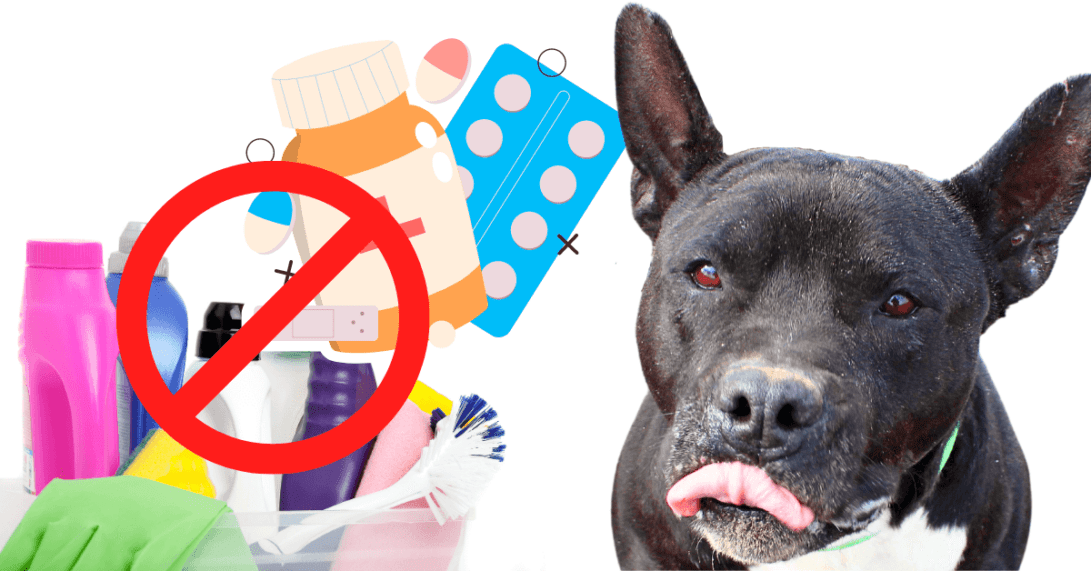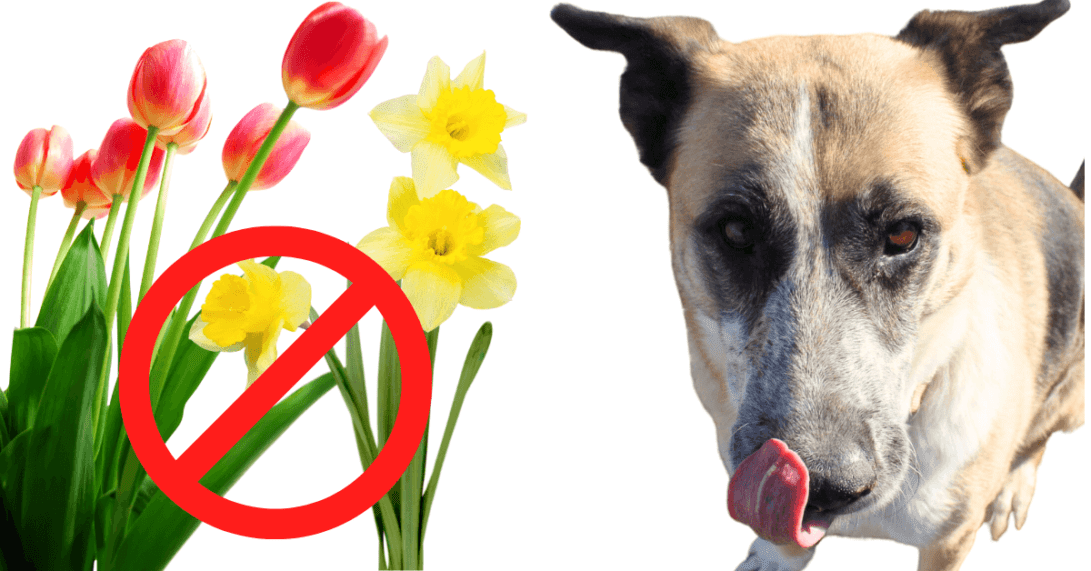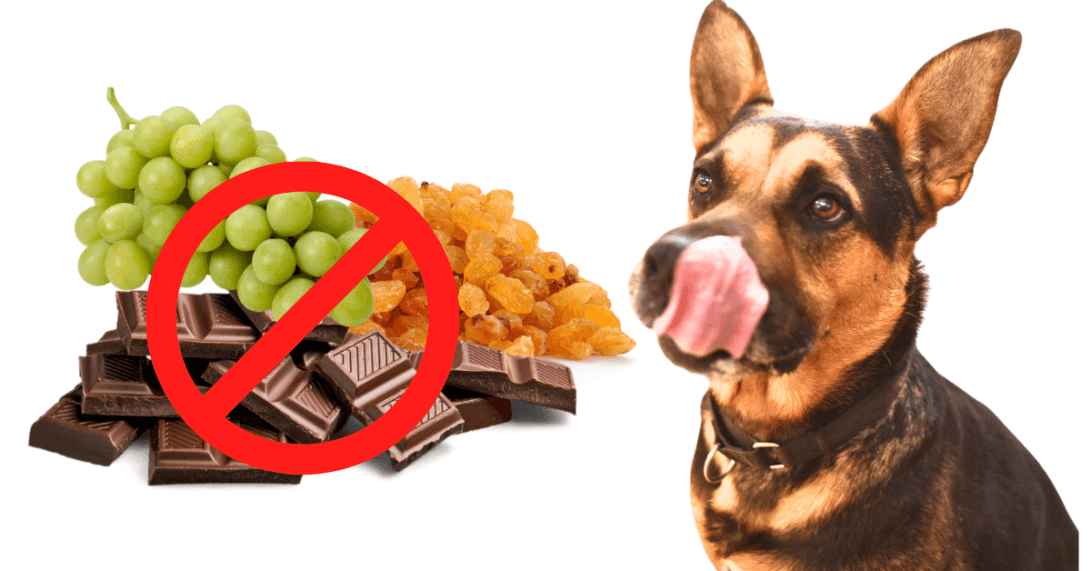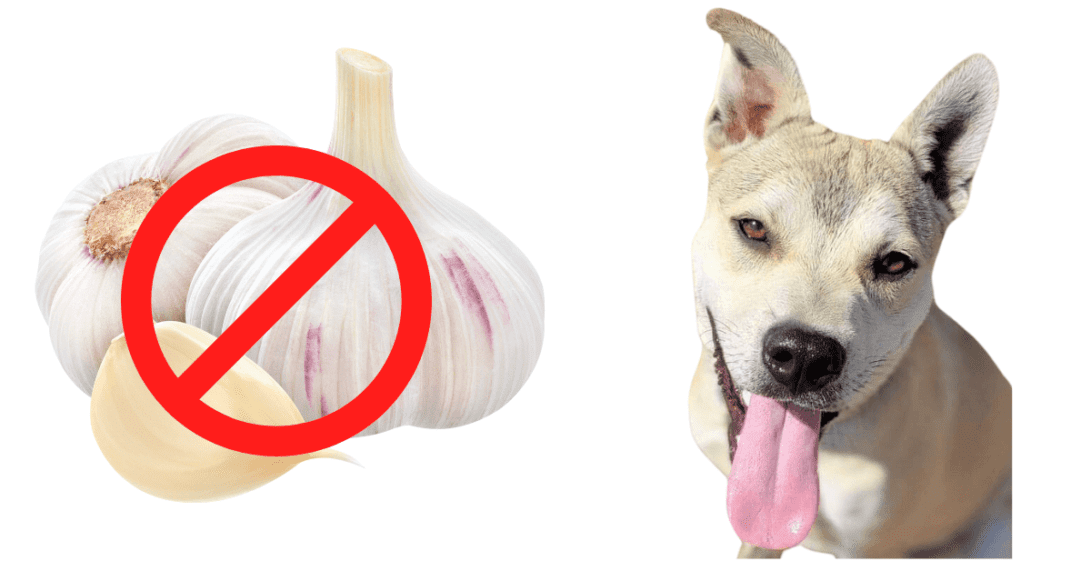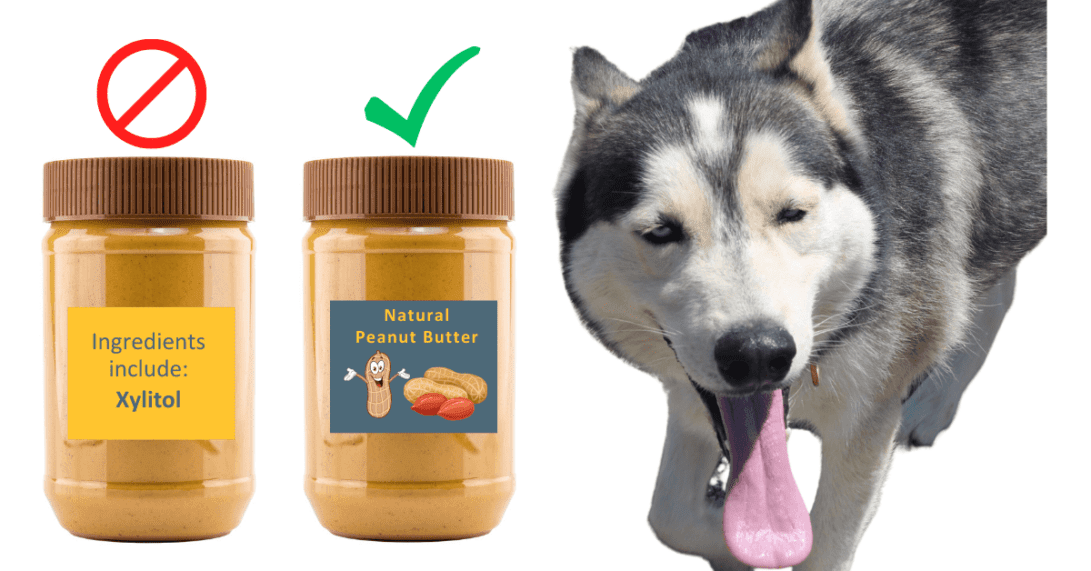At Rescue Ranch, we’re very focused on dog safety and responsible dog ownership. National Animal Poison Prevention Week seems like the perfect opportunity to talk about the steps we can all take to protect our dogs from accidental poisoning.
First and foremost, it’s important to realize that pets can be exposed to poison in a variety of ways. The most common sources of poisoning in dogs are prescription and over-the-counter drugs. Others include insecticides, pesticides, cleaning products, plants, and food items. It’s fairly easy to identify and store medication, herbal remedies, and common household products, but plants and food are trickier.
Many plants are toxic
You can’t protect your pets in all cases, but you can take steps to limit their access to toxic plants at home. Tulips and daffodils, for example, make for a lovely springtime garden, but they’re poisonous to dogs, especially the bulbs. The safest course for your pup, and your garden, is to keep potentially harmful plants out of reach. Here’s a list of 10 Common Poisonous Plants For Dogs to get you started.
People foods can hurt your dog
Who among us hasn’t succumbed to those pleading puppy dog eyes and shared food scraps? It’s worth remembering, however, that the food we eat can hurt our pets. Most dog owners know to avoid chocolate, grapes, and raisins. But what about other common foods, like garlic or peanut butter?
Garlic
Garlic and the rest of the Allium family contain disulfides and thiosulphates, which are toxic to dogs and cats. When it comes to onions, 0.5% of your pet’s body weight can lead to anemia and red blood cell damage. Garlic is more concentrated, so even a single clove can be dangerous to a small dog. If your pet eats garlic, watch for signs of anemia such as pale gums, weakness, and exercise intolerance.
Peanut butter
It’s not the peanut butter, it’s the xylitol. Natural peanut butter is a fine dog treat in small quantities. But avoid anything containing xylitol, a sugar substitute often found in peanut butter, chewing gum, and other foods. It causes dangerously low blood sugar levels in dogs. If your pup consumes xylitol, seek veterinary care immediately. Symptoms of xylitol poisoning include vomiting, lethargy, and seizures.
Simple tips to keep your dog safe from accidental poisoning
- Read labels! Check ingredients before feeding any product to your dog, consult your vet if you’re not sure.
- Be cautious when sharing people food scraps and treats with your dog.
- Keep your dog, cat, or other pets away from potentially toxic plants.
- Make sure all household cleaning supplies and other potentially toxic products are stored securely.
- Use pet safe gardening and cleaning products.
- Keep your handbag or backpack out of reach, especially from dogs.
- Always safely store prescription and over-the-counter drugs or natural remedies.
- Ask for help: If you suspect your pet has been poisoned, contact your vet or the National Pet Poison Helpline (1-855-764-7661). There is also a list of Siskiyou County vets on the Rescue Ranch site.
